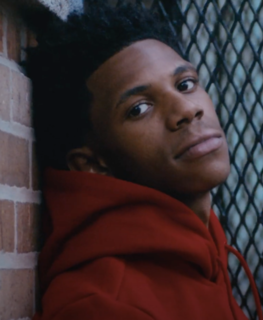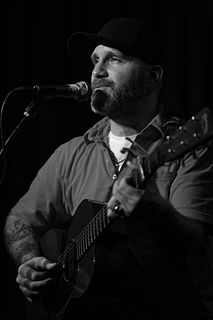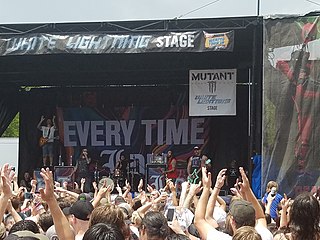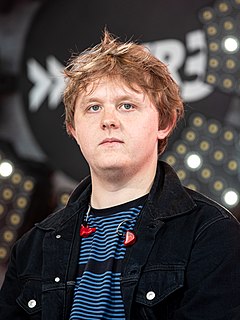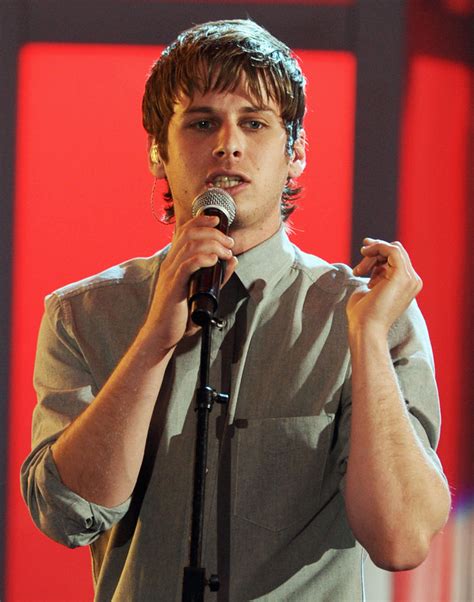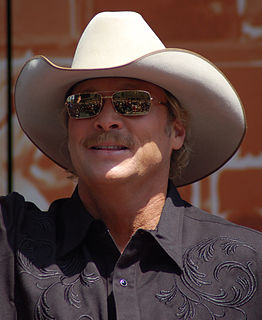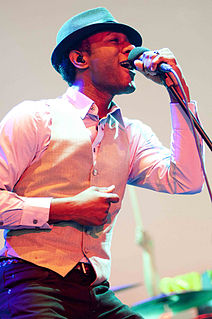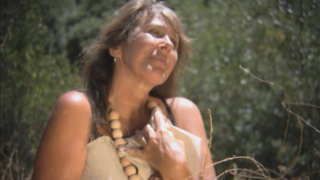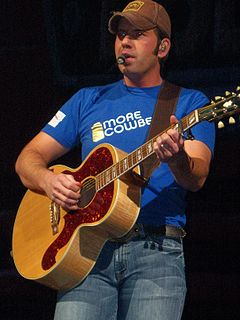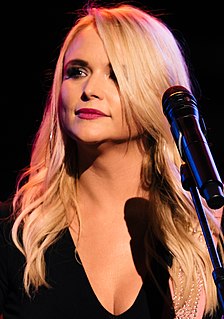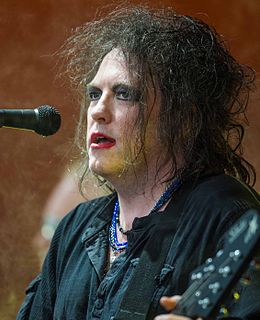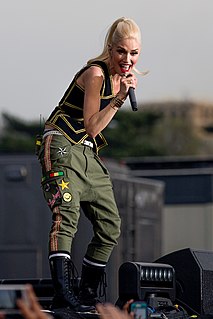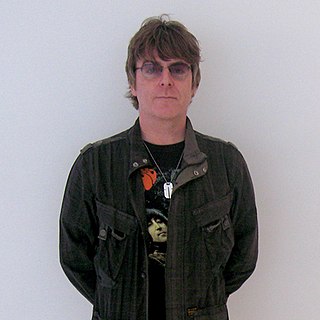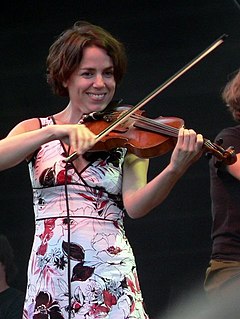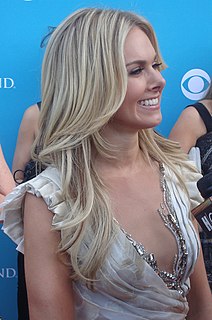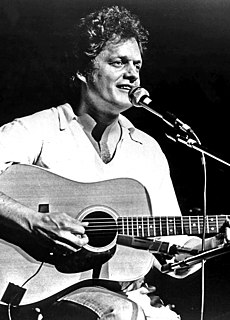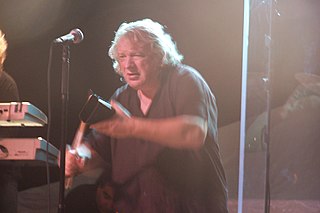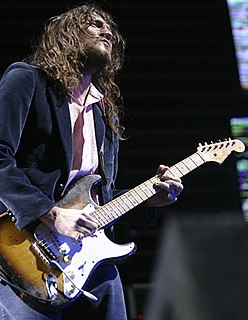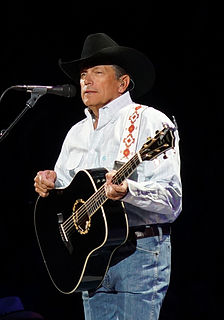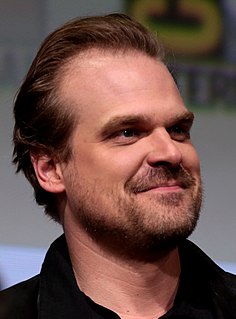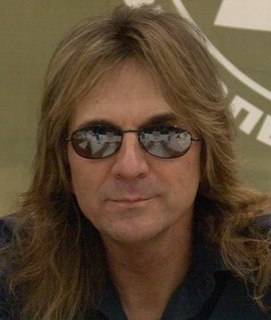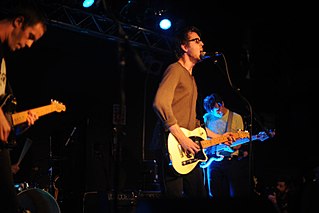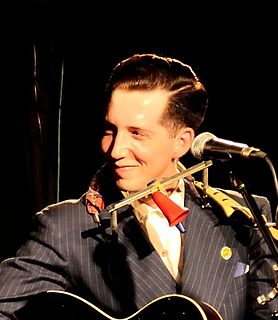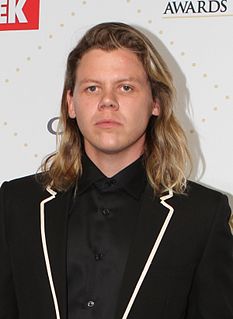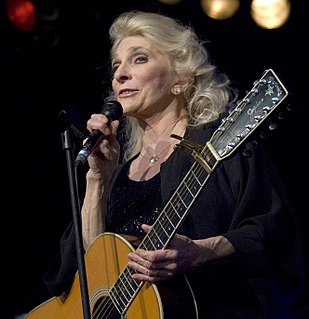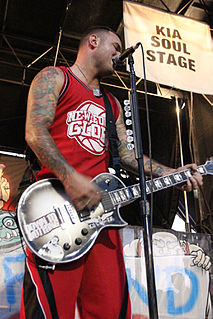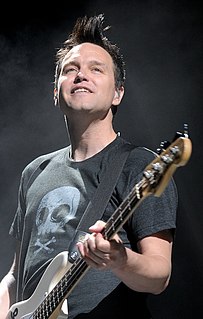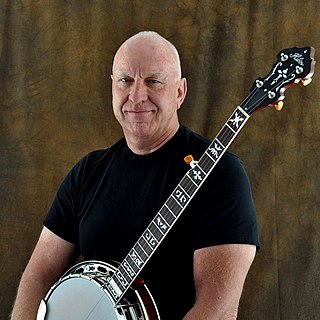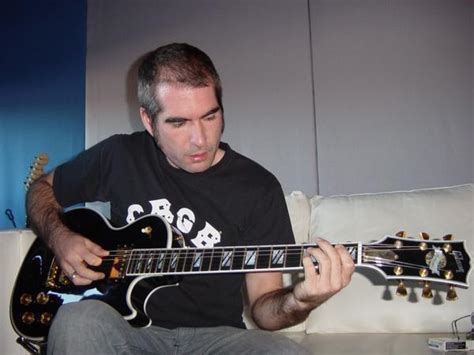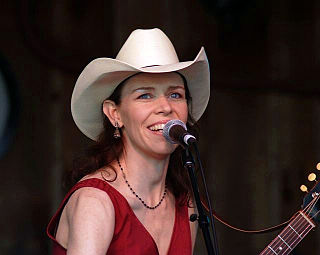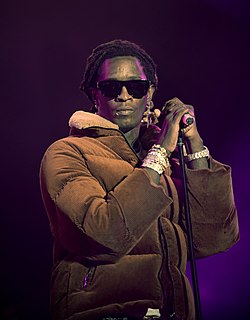Top 1200 Gospel Songs Quotes & Sayings - Page 16
Explore popular Gospel Songs quotes.
Last updated on December 22, 2024.
Most of the time, the songs have jokes in them, little sarcastic things, or purposely kitsch or something. So that's going along with a story, like I do in life, just talking to myself and making fun of stuff and laughing at stuff that's serious. And sometimes it's a good idea to put the laughing into the songs. Sometimes it's not. Sometimes it's all right just to be serious. But most of the songs have some kind of joke in them.
Christ did not die to forgive sinners who go on treasuring anything above seeing and savoring God. And people who would be happy in heaven if Christ were not there, will not be there. The gospel is not a way to get people to heaven; it is a way to get people to God. It's a way of overcoming every obstacle to everlasting joy in God. If we don't want God above all things, we have not been converted by the gospel.
What I'm most deeply grateful for is that God's love for us, approval of us, and commitment to us does not ride on our resolve but on Jesus' resolve for us. The gospel is the good news announcing Jesus' infallible devotion to us despite our inconsistent devotion to Him. The gospel is not a command to hang on to Jesus; it's a promise that no matter how weak and unsuccessful our faith and efforts may be, God is always holding on to us.
We kind of just got more mature and more realistic with what we're doing. We kinda said, "We quit our jobs and we quit college to do this, and we're going to be playing these songs every day just about, y'know, on a stage... so let's write songs that we're never gonna get sick of playing." Songs that aren't just gonna follow a trend of what's going on right now, y'know?
Unless we believe the gospel, we will be driven in all we do-whether obeying or disobeying-by pride ('self-love') or fear ('of damnation'). Apart from 'grateful remembering' of the gospel, all good works are done then for sinful motives. Mere moral effort may restrain the heart, but does not truly change the heart. Moral effort merely 'jury rigs' the evil of the heart to produce moral behavior out of self-interest. It is only a matter of time before such a thin tissue collapses.
Often for me, if I hear a song I know, it clicks for me and I hear it in a different way and I think, "I could sing that song. I've got something to say about that song. Wanting to connect with an audience and wanting them to rethink songs; it is actually important to do songs they're familiar with. Also, I love those songs. In a way, I think I've changed people's perceptions of what a cabaret show like this could be.
Naive optimism and pervasive pessimism are both to be avoided, therefore. It's not an easy balance to maintain, to be asked to work away in the Ninevehs of our lives without being so conscious of the coming cataclysm that we are not serious citizens of our communities and nations. By living and sharing the gospel of Jesus Christ, we are doing the most relevant thing we can do by way of helping. (There are civic and other chores to be done, of course.) Day in and day out, the gospel is the one thing that is most relevant, and we are to be of good cheer.
I'm not as religious as some people about "the album." To be honest, that was a product of a format. You had vinyl, and you could fit five songs on each side, and that's 45 minutes. You had A-side songs and B-side songs; I always loved the first song on side B. And there's nothing wrong with that. Prog albums of the 70s adapted to that format very much. But not all musicians want to create 45 minutes of music that has to be listened to in chronological order.
The gospel of cheerfulness, I had almost said the gospel of amusement, is preached by people who lack experience to people who lack vitality. There is a vague impression that the world would be a good world if it were only happy, that it would be happy if it were amused, and that it would be amused if plenty of artificial recreation - that recreation for which we are now told every community stands responsible - were provided for its entertainment.
[The 4 spiritual laws and sinner's prayer] is not the gospel of Jesus Christ, and that methodology and envangelism has done more to hurt this country than every heresy introduced by every cult combined. Millions of people in this country whose lives have never been changed believed themselves born again because we have so reduced the gospel of Jesus Christ that it means now nothing more than simple decision that will only take five minutes of your time.
I write songs by sitting around in bars, so drinking songs are a little obvious. It's surprising that I don't write entirely drinking songs, since I am, in fact, drinking while writing the song. Drinking and love are the two principal sources of pleasure outside of music. There's only so many sources of pleasure, really. That's about it. Well, there are other arts as well. But none of them are as pleasurable as music, on a physical level.
Everybody's looking for some kind of authenticity in music. Or some kind of truism, you know, "This is true!" And the thing about gospel music is, these people are singing about their faith. So it always comes across with, as authentic, you know? Gospel choirs put across this amazing sound but they're singing from the heart because they truly believe it. And I kind of have that faith, but I just have that faith in music.
The people playing on these songs are from Wisconsin and Illinois and Chicago and St. Louis and there’s a certain attitude that comes across in the songs and the way that they’re performed. I’m born and raised in the Midwest, and my family’s been here for generations. This is where I’m from and how I think, and that’s reflected in the music I make.
Every one of those old songs like "What's My Age Again?" and "All the Small Things" is like a tattoo or a scrapbook or an old photograph. There are just songs that define certain moments in your life. Everyone has a song that got them through a bad breakup or they put on and it made them feel like they wanted to go out and kick the world's ass with their friends on a weekend. Those songs still feel like that to me.


